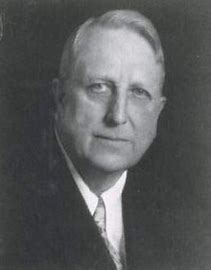If Austria loses a lot of territory, I can see Karl being seen as a martyr like Constantine, otherwise most will probably see him as a deluded idiot who chose death over survival (after all, the Hohenzollerns have fled Germany).Meanwhile, the French entered a Vienna without resistance, just as Napoleonic troops did in 1805. The fighting in the city center, brief but intense, had left around 10,000 dead and 60,000 captured. Among the dead was Emperor Karl I, who had decided to share the fate of his city and, like Constantine XI, fight to his last breath for the imperial dream.Shortly after, the remnants of the Austrian government surrendered unconditionally to Wrangel’s Russian forces.
- 1






















